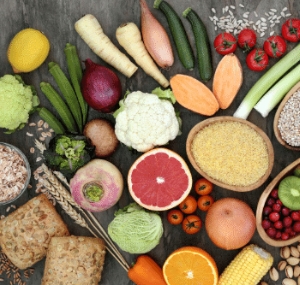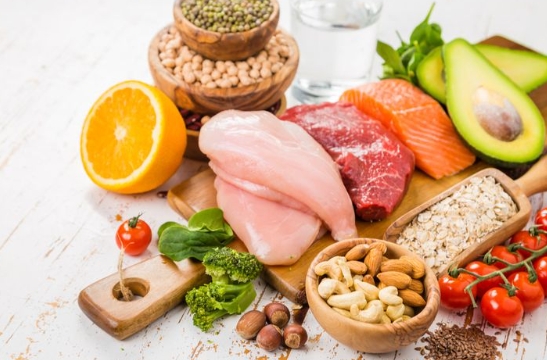When it comes to maintaining a healthy diet, most people focus on the foods they eat, but there’s one often-overlooked aspect of nutrition that plays a crucial role in your overall health: hydration. Water is essential for virtually every function in the body, from digestion and circulation to temperature regulation and joint lubrication. Yet many of us fail to drink enough of it. Let’s explore why hydration is so important and how you can ensure you’re drinking enough water throughout the day.
Water is vital for the proper functioning of all the body’s systems. Around 60% of your body is made up of water, and it’s involved in countless processes, including transporting nutrients, removing waste, and regulating body temperature. Even mild dehydration can impair your ability to concentrate, cause fatigue, and make you more prone to headaches and muscle cramps. By staying well-hydrated, you’re helping your body perform at its best.
One of the most significant roles of water is in digestion. Water helps break down food so that your body can absorb the nutrients it needs. It also aids in moving food through the digestive tract and prevents constipation. If you’re not drinking enough water, you may experience sluggish digestion, bloating, or difficulty in passing stool. Drinking water regularly throughout the day helps keep things moving and supports optimal digestive health.
Water is also essential for detoxification. The kidneys rely on water to help filter out toxins from the body through urine. When you don’t drink enough water, your kidneys can’t do their job as effectively, and toxins may start to accumulate in your system. Staying hydrated supports kidney function and helps your body flush out waste efficiently.
Another key benefit of water is its role in weight management. Sometimes, thirst can be mistaken for hunger, leading to unnecessary snacking. Drinking water before meals can help you feel full, reducing the likelihood of overeating. Additionally, water is calorie-free, making it the perfect beverage choice if you’re trying to maintain or lose weight. Replacing sugary drinks with water can also help you cut down on empty calories and added sugars.
Beyond these physical benefits, hydration also impacts your energy levels. Dehydration, even in its mildest forms, can cause fatigue, mood swings, and a general lack of motivation. When you’re well-hydrated, your energy levels are more stable, and you’re better able to focus and power through tasks. Whether you’re working, exercising, or running errands, proper hydration supports mental clarity and physical performance.
So, how much water should you be drinking each day? The general recommendation is to drink at least eight 8-ounce glasses of water, also known as the “8×8 rule.” However, your water needs may vary depending on factors like age, activity level, climate, and health conditions. People who exercise regularly, for example, may need more water to replace fluids lost through sweat. If you’re in a hot climate or pregnant, your hydration needs may also increase.
It’s important to remember that water isn’t the only source of hydration. Many fruits and vegetables have high water content and can contribute to your daily fluid intake. Cucumbers, watermelon, oranges, and strawberries, for example, are all hydrating foods that can help you stay on track with your hydration goals. Herbal teas and infused water with fresh fruits and herbs are also great alternatives to plain water if you’re looking for something with flavor.
Signs of dehydration include dry mouth, fatigue, dizziness, dark yellow urine, and headaches. If you’re experiencing any of these symptoms, it’s a clear sign that you need to drink more water. A good rule of thumb is to monitor the color of your urine—light yellow or clear urine typically indicates proper hydration, while dark yellow or amber-colored urine is a sign that you need to hydrate.
If you’re struggling to drink enough water, try setting reminders throughout the day to take a sip, or carry a reusable water bottle with you wherever you go. Gradually increasing your water intake will help you build the habit and ensure that you stay hydrated throughout the day.
In conclusion, hydration is a cornerstone of health, and water should be your beverage of choice. Whether you’re looking to improve digestion, boost energy, maintain a healthy weight, or support your kidneys, drinking enough water is an easy and effective way to enhance your well-being. Make hydration a priority in your diet, and your body will thank you for it.





